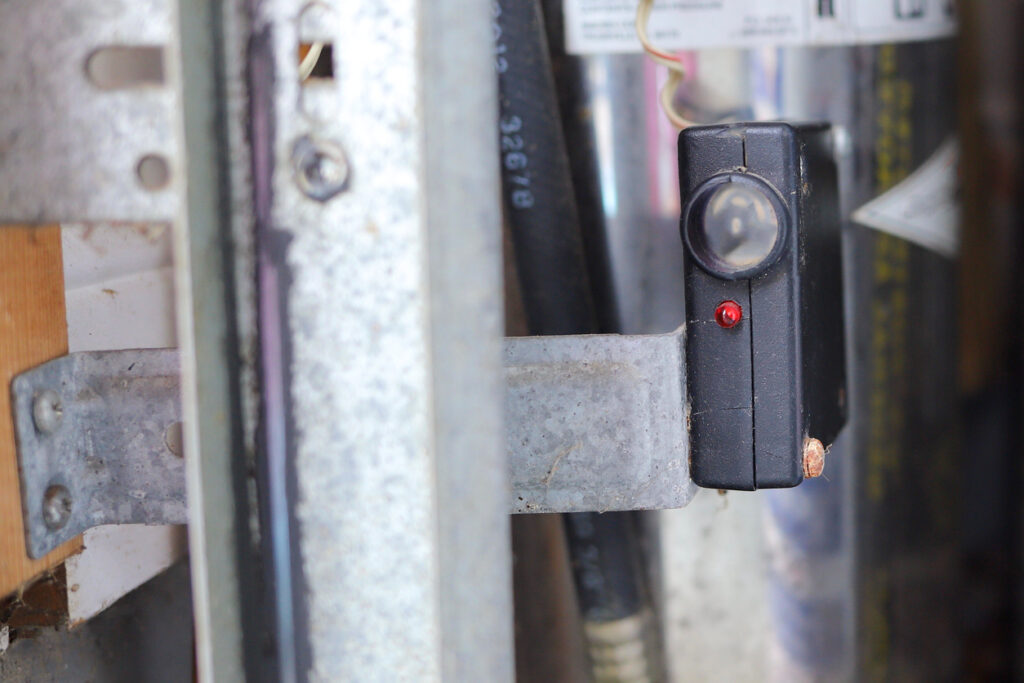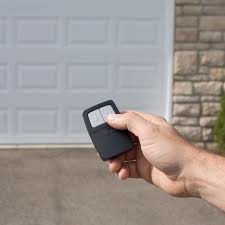We’ve all experienced the frustration of a malfunctioning garage door sensor. This device, which is supposed to be reliable and efficient, is driving you crazy with its erratic behavior. While it’s easy to blame the usual suspects like dirt and misalignment, there are some not-so-obvious culprits behind garage door sensor problems. In this blog, we’ll explore the unexpected causes behind your garage door sensor issues and shed some light on how to take care of this problem. Continue reading to uncover the true cause of your sensor problems.

5 Unexpected Causes of Garage Door Sensor Problems
That feeling when you know something is wrong but can’t pinpoint why can be frustrating. To help you out in these circumstances, here are five of the unexpected causes of garage door sensor problems:
- Sunlight
Believe it or not, sunlight can be the culprit behind your sensor problems. Since your garage door sensors use infrared beams to detect obstacles in the door’s path, any direct exposure to intense sunlight can interfere with these beams. To fix this problem, ensure that the sensors are properly aligned and mounted securely, with no direct sunlight hitting their lenses. You can also reduce glare by installing shades on nearby windows.
- Spider Webs
Spiders are disturbing creatures that still play an important role in nature. Along with their typical annoyances, these creatures can also interfere with your garage door sensors. Since they are drawn to warm, dark places, your garage sensors are an ideal spot for them to congregate. They can create spider webs around your sensors, causing them to malfunction, which is why you should clean your sensors on a regular basis.
- Bad Vibrations
Garage door sensors are delicate devices that can easily get off balance when dealing with vibrations. These vibrations can be caused by nearby heavy machinery, passing trains, or a malfunctioning garage door. To avoid this, consider isolating the sensors from vibrations with rubber or foam pads. Either item will dampen any vibrations, providing cushioning support that will keep your sensors stable. Your sensors will once again be able to accurately detect any obstacles in their path.
- Aging Sensors
At the end of the day, all things age. This can be true for humans, electronic devices, and even your garage door sensors. Just like us, sensors also have a limited lifespan, and that might be the issue you are facing. The wear and tear over time has taken a toll on their performance, leading to malfunctions. If you’ve tried all other troubleshooting methods and still face issues, it’s time to consider replacing the sensors with new, modern ones. Upgrading to advanced sensor technology can significantly improve the reliability and responsiveness of your garage door system.
- Radio Frequency Interference
So far, you can see that there are many things that can interfere with the proper functioning of your sensors. However, there is one more thing we must discuss — radio frequency interference. Garage door sensors operate on radio frequency signals, and they can sometimes pick up interference from nearby electronic devices or wireless systems. These interferences can be anything from your Wi-Fi router to even baby monitors. To prevent these interferences, try changing the frequency settings on your sensors or relocating any electronic devices away from the garage area.

Call Garage Door Repair Houston For Assistance
There are many unexpected causes of garage door sensor problems. It could be spiders making your sensors their home, the sun peeking into the sensors’ path, or your garage door self-sabotaging by vibrating your sensors out of balance. The most effective way to avoid these problems is to inspect and maintain your garage door sensors on a regular basis. You can trust Garage Door Repair Houston to handle your issues and keep your sensors in pristine condition. Give us a call so you can get back to your life while our team restores your door to full functionality.







